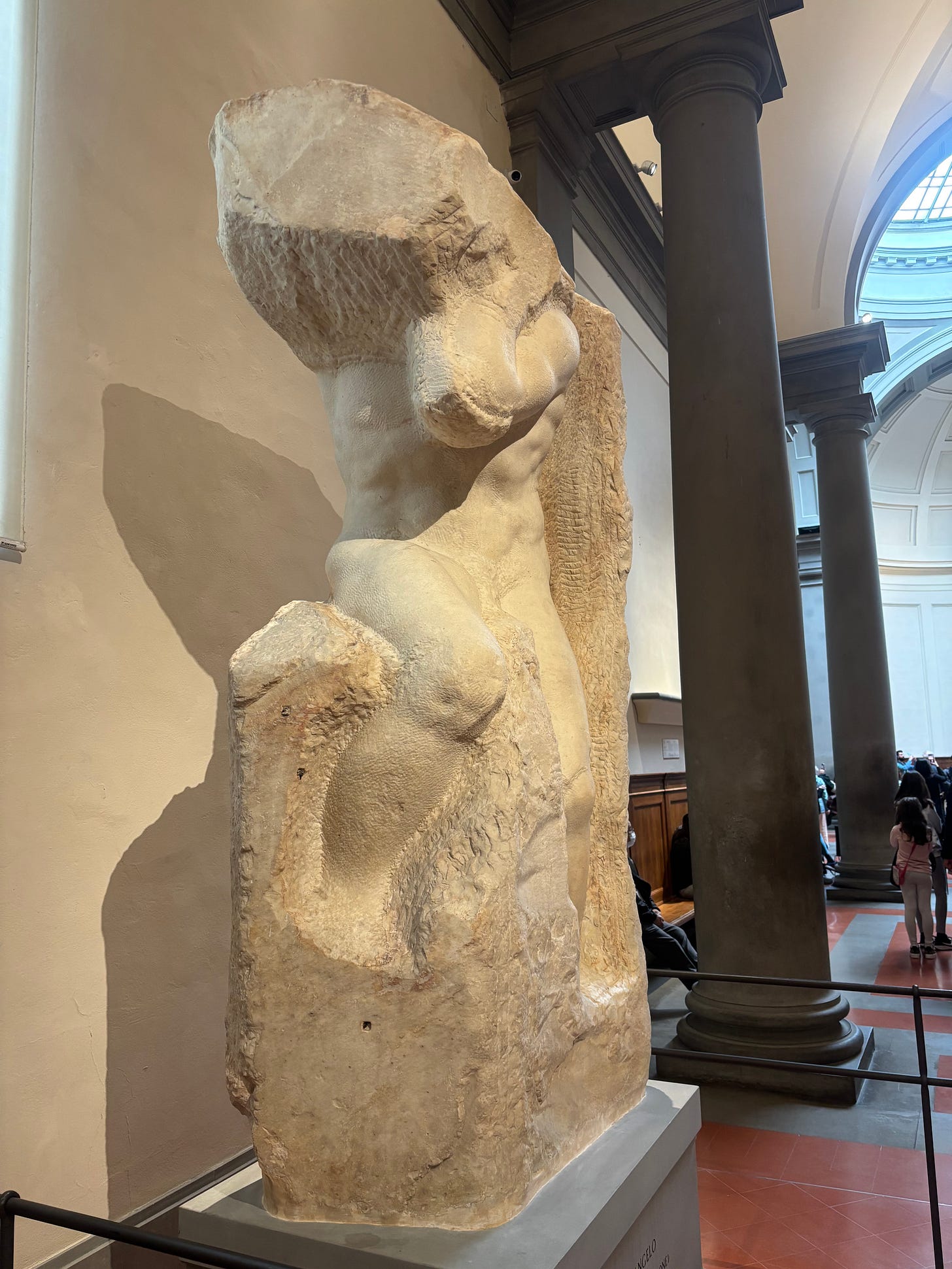Textbook Exceptions
Morning Thoughts #235
An error in judgment occurs when we mistake the Great Exception for the Great Rule, the foremost example, the guiding source to live by. It’s natural that this Great Exception stands out as the most visible. Talked and written about, anomalies, by their nature, are interesting and, well, exceptional. That which rarely occurs draws attention, and that which happens only once, never to repeat, commands the most notice of all. Let these historical rarities serve as landmarks, great points of interest, but be cautious of using them as reference points for daily use. What occurs only once makes a spurious, unreliable guide for tomorrow.
In our era, we struggle to discuss any world event without comparing it to WW2, measuring its players against figures from that time. Yet consider how singular WW2 was in recorded history. It was perhaps the most singular geopolitical event humanity has ever known (the most destructive and deadly conflict in human history). It deserves study, documentation, and reflection in every form. Where we falter, however, is in treating it as a guide or a touchstone to decode all modern geopolitical truths. In a self-absorbed age, we inflate the significance of our own lives and, by extension, the events around us. But no, some regional conflict halfway across the world is almost certainly not a prelude to an event as extraordinary as WW2 (unless, by believing it so, our actions have the effect of making it similarly so - which is a real worry of mine), nor is every strongman or invasion a mirror of the figures who plunged us into that war.
This is the peril of being led by the incurious and historically illiterate. Do they not see that human history, across every culture and continent, tells a story of invasion and defense, war and claims, land lost and gained, borders forever shifting? The comforting tale we spin from the Pax Americana era doesn’t erase this fundamental truth. Yet we deceive ourselves, fixated on reliving the war that marks the origin story of our current age, as if those exact conditions could simply reappear.
Yet this obsession blinds us to subtler truths. History doesn’t lack recurring patterns. Indeed, patterns absolutely exist, and to discern them is the height of wisdom, but those who cling too literally to the past often miss them entirely. A literal mindset struggles to grasp patterns. After all, what’s less literal than a pattern? Finding truth in abstraction demands a kind of intelligence our education system hasn’t prioritized for years. It’s much like art. The next renaissance, whenever and wherever it emerges, won’t mimic the forms or styles of the last. Its essence, a cultural reawakening, will define it, not its surface details. If I spent my life trying to carve another David, I’d fail to spark a new renaissance. That statue and its era occurred organically (as all greatness does). A mere copy would lack the spirit, the force that drives all such holy movements and reawakenings.
Friends, do not mistake the Great Exception for the Great Rule!

